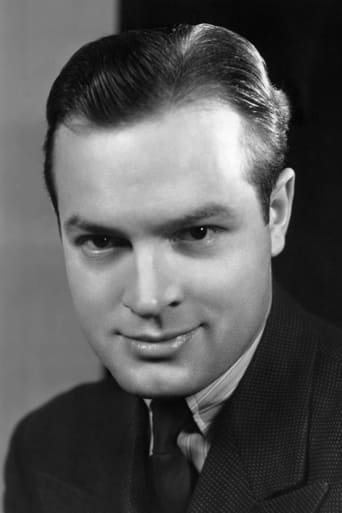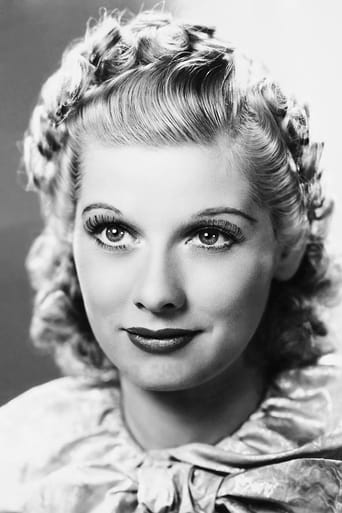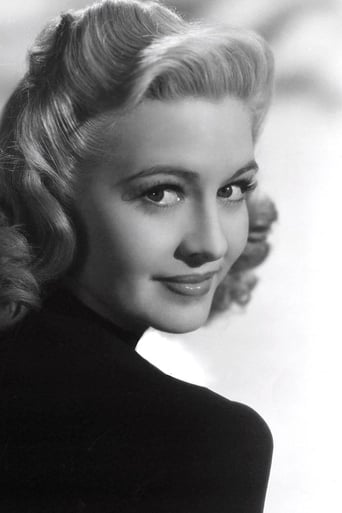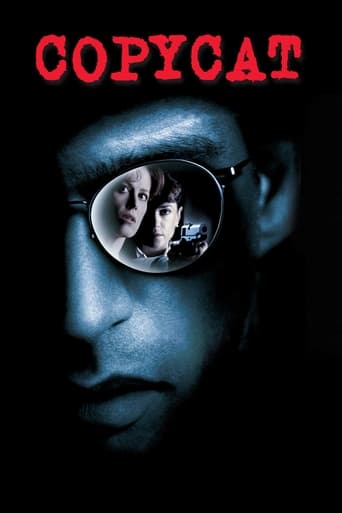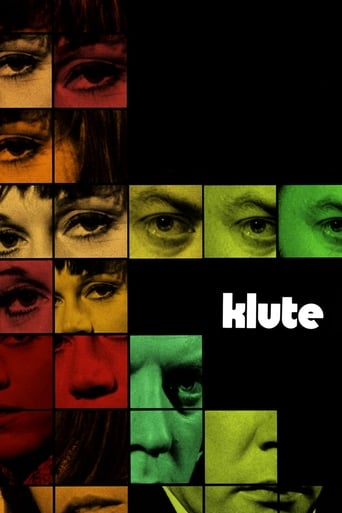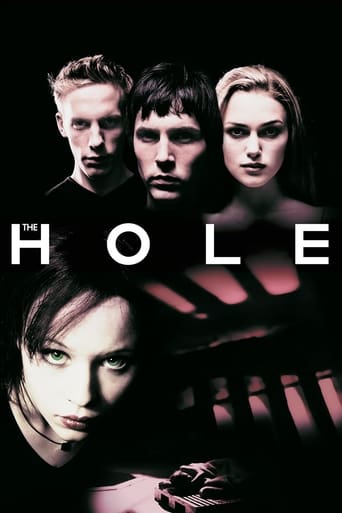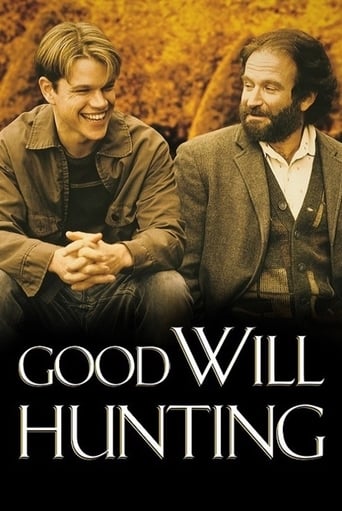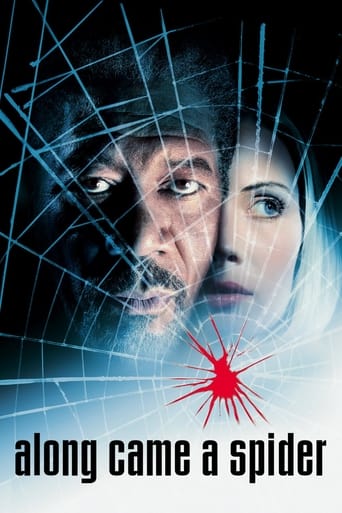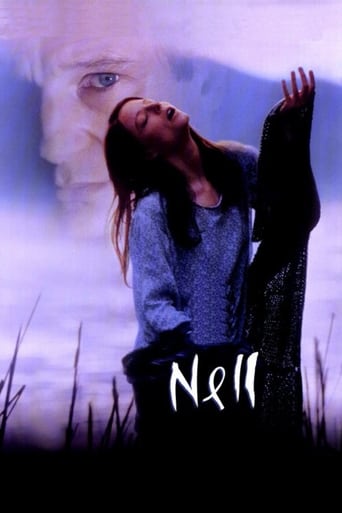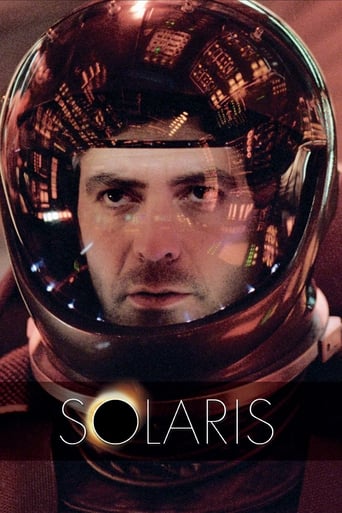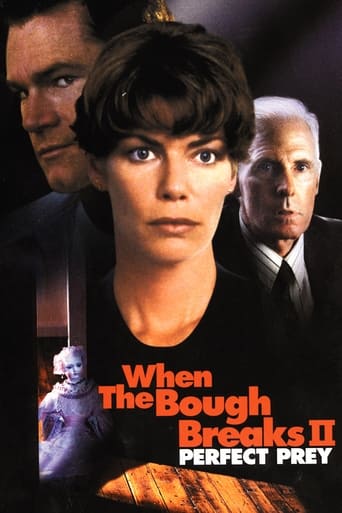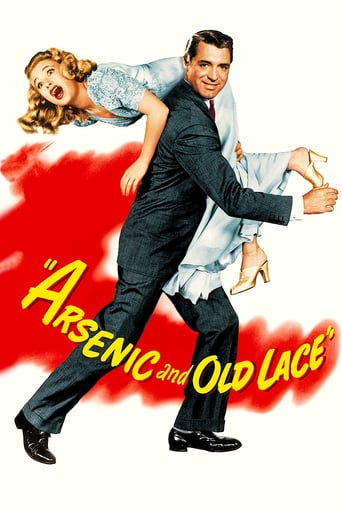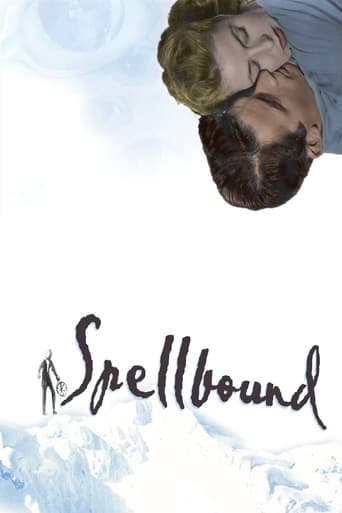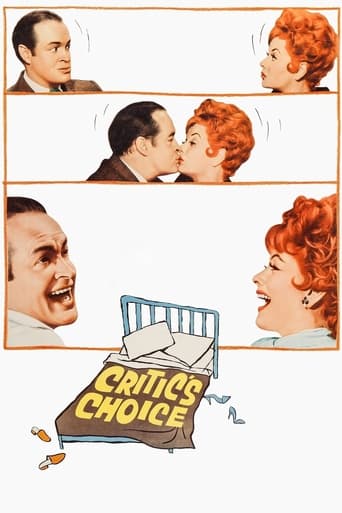
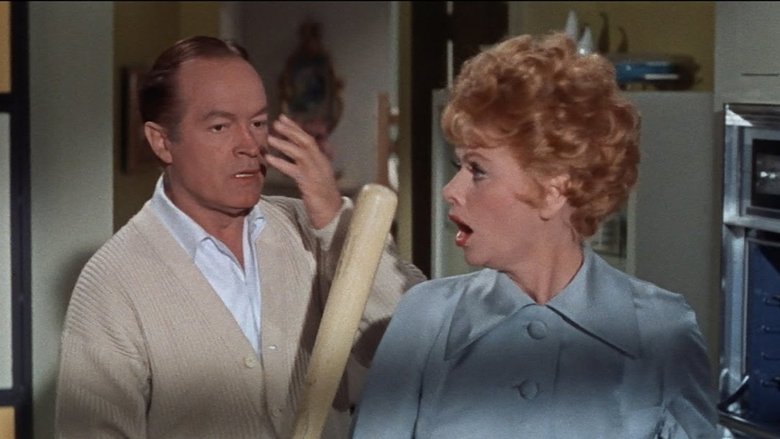
Critic's Choice (1963)
Parker Ballantine is a New York theater critic and his wife writes a play that may or may not be very good. Now Parker must either get out of reviewing the play or cause the breakup of his marriage.
Watch Trailer
Cast


Similar titles
Reviews
On I love Lucy, Ricky wouldn't let Lucy be in the show. In this film version of a fairly successful Broadway show, husband Bob Hope doesn't want wife Lucy to write for the stage. You see, he's that villain of the theater called the critic, an umpire with a pen instead of a mask, and equally able to tell the playwright, director and actors that they are out. The film opens with Hope and Ball at a Broadway opening where he gives the play thumbs down and criticizes leading lady Marilyn Maxwell who happens to be his first wife and the mother of their caustic son. When Lucy decides that she's going to become a playwright, hubby Hope offers her no hope by trying to talk her out of it, criticizing her play after its been optioned for Broadway. Hope gets a few good digs in at the profession of theater critic, appropriately obnoxious and seemingly eager to destroy the dreams of everybody who ever picked up a pen and wrote, 'A play by..."This doesn't just spoof the theatre, but takes a look at modern marriages where a woman desired a career and faced objections by her chauvinistic husband. Fine supporting parts played by Jessie Royce Landis as Lucy's mother, Rip Torn as her producer and Ricky Kessum as Hope's son, with smaller roles featuring Jim Backus, Richard Deacon and John Dehner. This is a pretty good adult comedy that doesn't fully reflect how Broadway works, but any film that pays tribute to the footlights of the theater deserves credit for honoring a medium it often betrayed.
The only recommendation I can think of for this film is the chance to see Bob Hope and Lucille Ball in a movie together. But putting two top tier comedians in a vehicle like this, one would expect some laughs. Instead, if there are any here they get strained through a prism of obnoxious behavior on the part of Parker Ballantine (Hope) and his wife Angie's (Ball) frustrated attempts to win him over to her play-writing endeavor. Parker's insistence to 'remain true to himself' as a theater critic fell flat with this viewer, and only managed to escalate the tension between the couple. The scene where Angie berates him in front of her Mom and sisters was just excruciating. No two ways about it, Parker was a jerk. For this viewer there were only two redeeming moments - Soupy Sales showing up as the Boston hotel desk clerk, and Jim Backus strapping Hope into his psychiatrist's couch. He should have kept him there.
You have some serious subject matter in this 1963 film with Lucille Ball trying desperately to get out of the kitchen and become a Broadway playwright. Trouble is that husband Bob Hope is a tough film critic who has panned his first wife's (Marilyn Maxwell) play. There is a strange relationship that Hope's son has with his mother, the Maxwell character. Apparently, she has allowed the Hope character to have full custody of the child. She is the woman where a career comes first.The film tends to go downhill near the end when a very drunken Hope causes disruption at the theater where the play is opening on opening night.Jesse Royce Landis,as Ball's mother and Rip Torn, as a Greek director,both give ample support.Lucy is not her usual Lucy here and I enjoyed her character change.
This movie seems to have sparked an almost even mixture of highly favorable and downright negative reviews. I'm afraid I agree with the negative brigade. After the box office disaster of "Beau James" (1957) in which Hope invested his own money and literally lost his shirt, he seems to have taken any assignment that came along. (Personally, I thought "Beau James" was an absolutely terrific movie. I loved it, but hardly anyone agrees with me). Anyway, for whatever reason, I think most of us would agree that Bob Hope made some very poor films in the 1960s, starting with the verbose but unfunny "The Facts of Life"; continuing with "Bachelor in Paradise" (which starts amusingly, but the promise of its sprightly opening scenes is unfortunately not realized); recovers a lot of momentum with "Road to Hong Kong" (even though it's one of the least amusing of the "Road" pictures); then really plumbs the depths with "Critic's Choice". For me, it's a movie with no virtues at all. The characters are not just unsympathetic, they're thoroughly unpleasant. As a result, everything they do and say is negative. Maybe it worked well on the stage, where the audience is less involved, less close to the venal, utterly selfish, self-promoting characters. Maybe?


